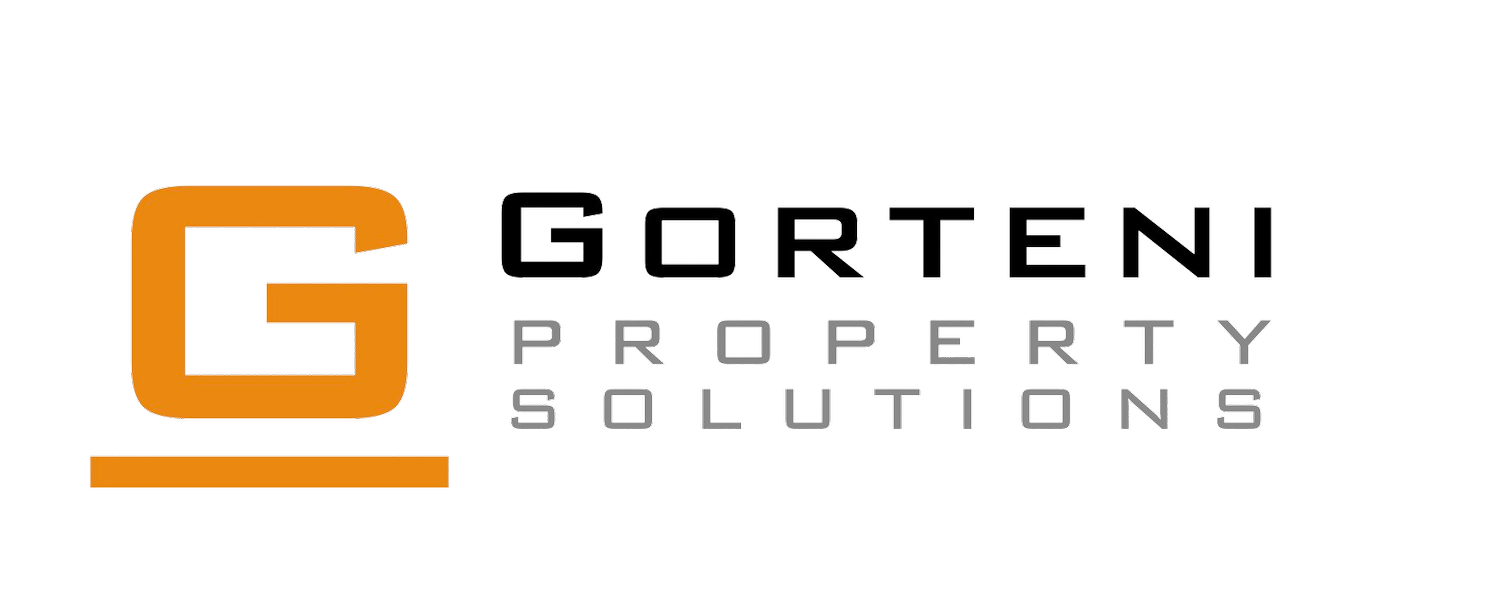How to Prevent Frozen Pipes in Chicago Buildings This Winter
Winter in Chicago isn’t just cold—it’s brutal. With sub-zero temperatures and icy winds, the season brings unique challenges to Community Association Managers (CAMs) tasked with maintaining multi-unit properties. Among the most critical concerns is preventing frozen pipes, a common issue that can lead to costly water damage, resident complaints, and emergency plumbing repairs.
In this blog, we’ll explore how to prevent frozen pipes in Chicago buildings, share real-world examples of proactive solutions, and highlight how Gorteni Property Solutions can help with 24/7 emergency plumbing services, ensuring your building stays safe and operational throughout the winter months.
The High Stakes of Frozen Pipes in Chicago
Why Frozen Pipes Are a Problem
Frozen pipes can burst under the pressure caused by ice blockages, leading to extensive water damage in units, common areas, and structural components. For Chicago condo buildings, where aging infrastructure is common, this risk is magnified.
Challenges for Property Managers
Resident Satisfaction: Residents expect plumbing systems to function year-round. A burst pipe during freezing weather can lead to discomfort, frustration, and complaints.
Cost Management: Emergency repairs are significantly more expensive than preventive maintenance, especially during peak winter months.
Time Sensitivity: Frozen pipes can escalate quickly. A minor blockage can become a major flood if not addressed immediately.
Understanding Chicago’s Unique Plumbing Risks
1. Harsh Winters
Chicago winters are infamous for prolonged freezing temperatures, with January lows averaging around 18°F and wind chills plunging even further. This makes unprotected or poorly insulated pipes especially vulnerable.
2. Older Buildings
Many Chicago multi-unit properties were built decades ago, often with outdated plumbing systems that lack modern insulation or efficient materials.
3. Building Layouts
In multi-unit buildings, pipes running through unheated areas—such as basements, crawl spaces, and exterior walls—are at a higher risk of freezing.
Preventive Strategies to Protect Your Plumbing System
1. Insulate Pipes in Vulnerable Areas
Why It’s Important: Insulating pipes in unheated spaces helps maintain a stable temperature and prevents freezing.
Actionable Steps:
Use foam pipe insulation or heat tape for pipes in basements, crawl spaces, and exterior walls.
Seal any cracks or openings around pipes to block cold drafts.
Gorteni Property Solutions Can Help:
Our team offers professional pipe insulation services to protect your plumbing system during Chicago’s coldest months.
2. Maintain a Consistent Indoor Temperature
Why It’s Important: Fluctuating temperatures can stress pipes, increasing the likelihood of freezing.
Actionable Steps:
Set thermostats to at least 55°F, even in vacant units.
Monitor temperature consistency in common areas and unoccupied spaces.
Real-World Example:
A Chicago property manager reduced frozen pipe incidents by partnering with Gorteni for HVAC inspections and upgrading to smart thermostats, improving temperature regulation throughout the building.
3. Schedule Regular Plumbing Inspections
Why It’s Important: Inspections help identify weak points in the plumbing system before winter’s worst arrives.
Actionable Steps:
Inspect pipes for leaks, corrosion, or signs of wear.
Test sump pumps to ensure they’re operational in case of water overflow.
Gorteni Property Solutions Can Help:
Our plumbing repair services in Chicago include pre-winter inspections to detect and address vulnerabilities before they become costly problems.
4. Winterize Outdoor Plumbing
Why It’s Important: Outdoor faucets and irrigation systems are highly susceptible to freezing.
Actionable Steps:
Shut off and drain outdoor water lines.
Cover outdoor spigots with insulated caps.
5. Educate Residents
Why It’s Important: Informed residents can take steps to minimize risk in their units.
Actionable Steps:
Share winter plumbing tips, such as leaving faucets on a slow drip during extreme cold or opening cabinet doors to allow warm air to circulate around pipes.
Provide guidance on reporting potential issues promptly.
Proactive Communication Example:
A building that provided residents with Gorteni’s winter plumbing guide saw a 50% decrease in emergency calls related to frozen pipes.
6. Have a 24/7 Emergency Plan
Why It’s Important: Even with preventive measures, emergencies can happen, and having a plan ensures swift action.
Actionable Steps:
Partner with Gorteni Property Solutions for 24/7 emergency plumbing services to address frozen pipes and other winter plumbing issues.
Keep emergency contacts readily available for all building staff.
Signs Your Pipes Might Be Freezing
Educate your team and residents to recognize the early signs of freezing pipes:
Reduced water flow or no water at all.
Frost on exposed pipes.
Unusual odors from faucets or drains (indicating a blockage).
If these signs appear, call Gorteni’s emergency plumbers in Chicago to prevent further damage.
Cost Considerations: Preventive Maintenance vs. Emergency Repairs
Preventive maintenance is a cost-effective investment compared to emergency plumbing repairs:
Average Cost of Preventive Inspections: $150–$300.
Average Cost of Burst Pipe Repairs: $1,000–$5,000 (not including water damage remediation).
Real-World Savings: A Chicago building saved over $10,000 last winter by insulating pipes and scheduling regular inspections with Gorteni Property Solutions.
Checklist: Winter Plumbing Preparation for Chicago Buildings
Before Winter:
Schedule a professional plumbing inspection.
Insulate exposed pipes and seal drafts around plumbing.
Test sump pumps and water heaters.
During Winter:
Maintain consistent indoor temperatures (55°F or higher).
Monitor pipes in unheated areas.
Respond quickly to signs of freezing with emergency plumbing services in Chicago.
After Winter:
Inspect for damage caused by ice or freezing.
Schedule spring maintenance to repair minor issues.
Why Choose Gorteni Property Solutions?
At Gorteni Property Solutions, we specialize in keeping Chicago properties safe, warm, and operational throughout the winter.
What We Offer:
Comprehensive Plumbing Services: From pipe insulation to sump pump repairs, we handle it all.
24/7 Emergency Plumbing: Available anytime to address urgent issues like frozen pipes or burst plumbing.
Local Expertise: With a deep understanding of Chicago’s weather and building types, we deliver solutions tailored to your property.
Resident Coordination: We communicate directly with residents, reducing the workload for property managers.
